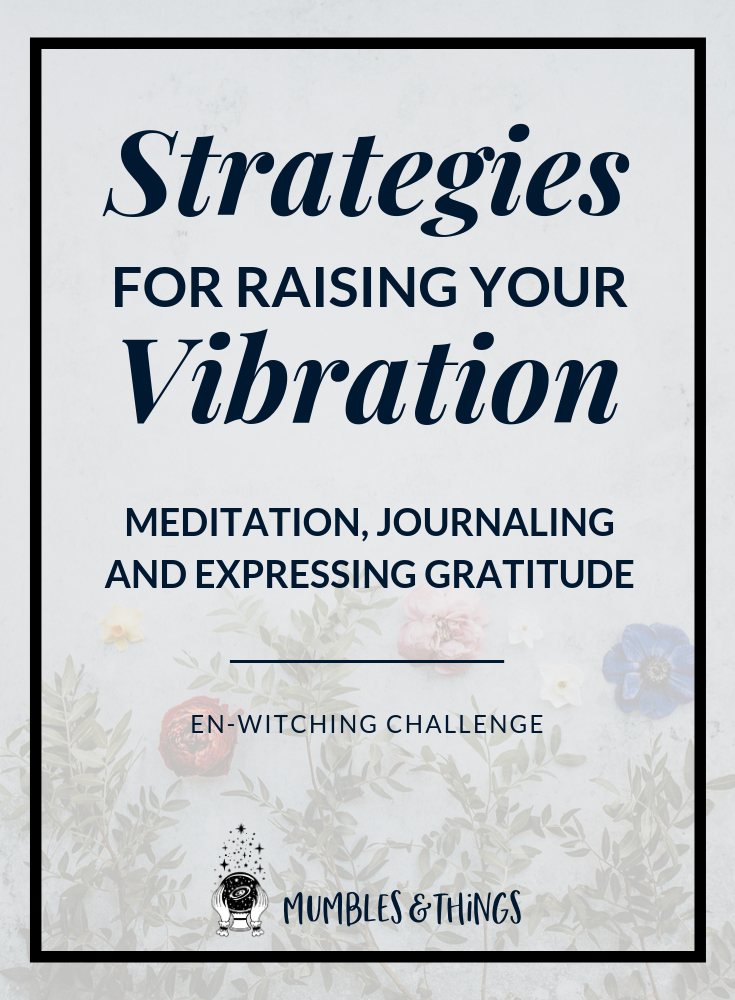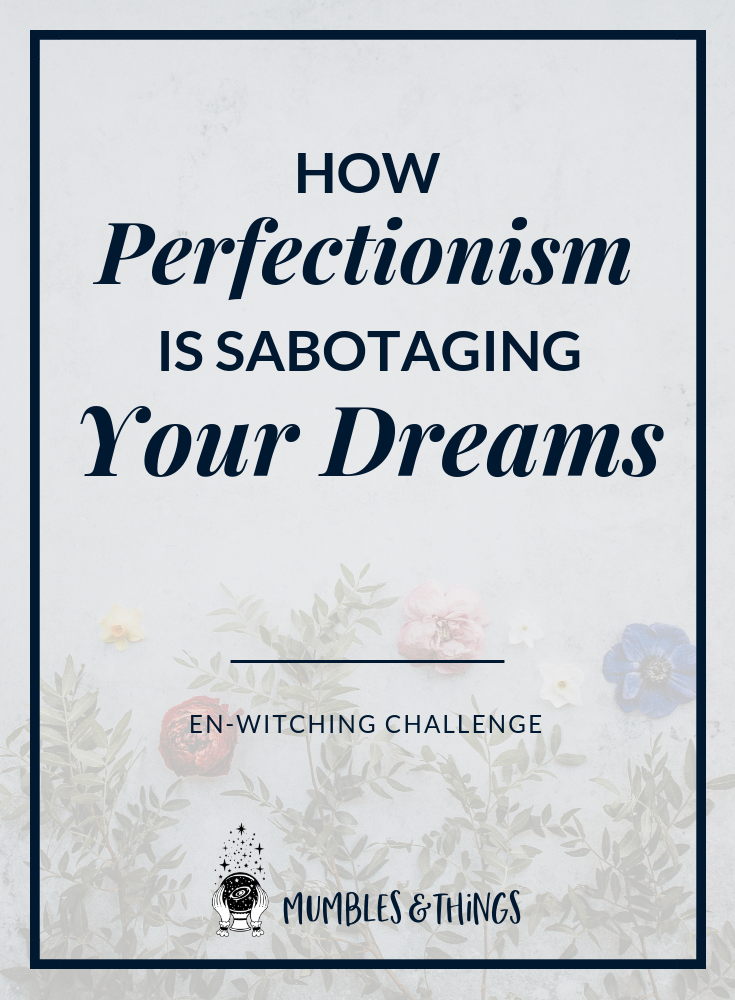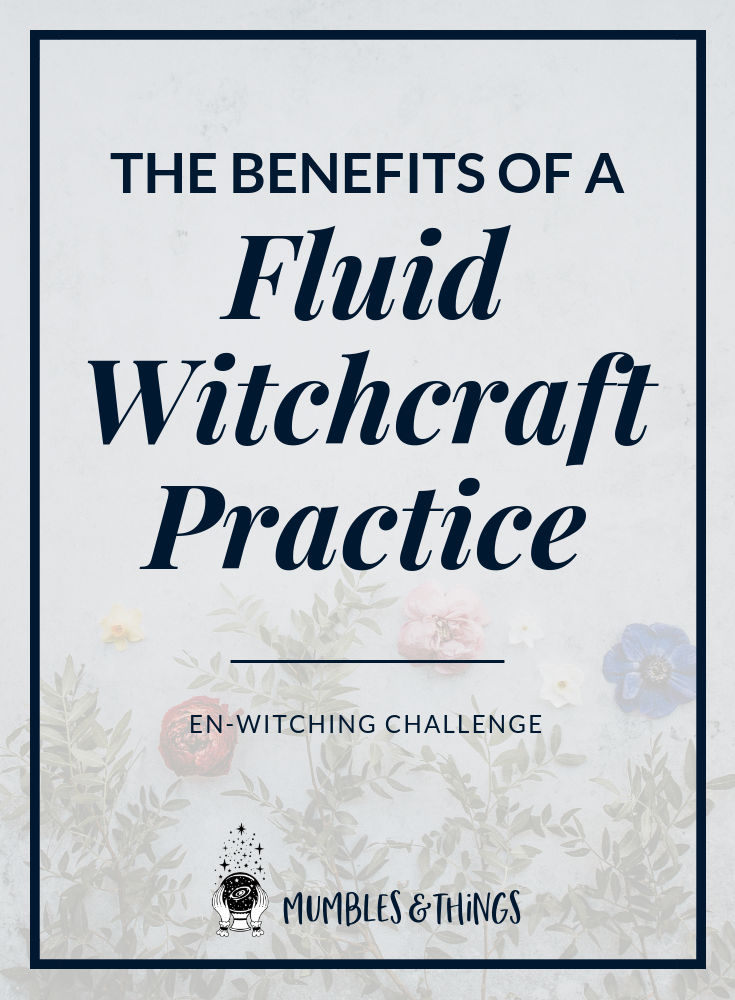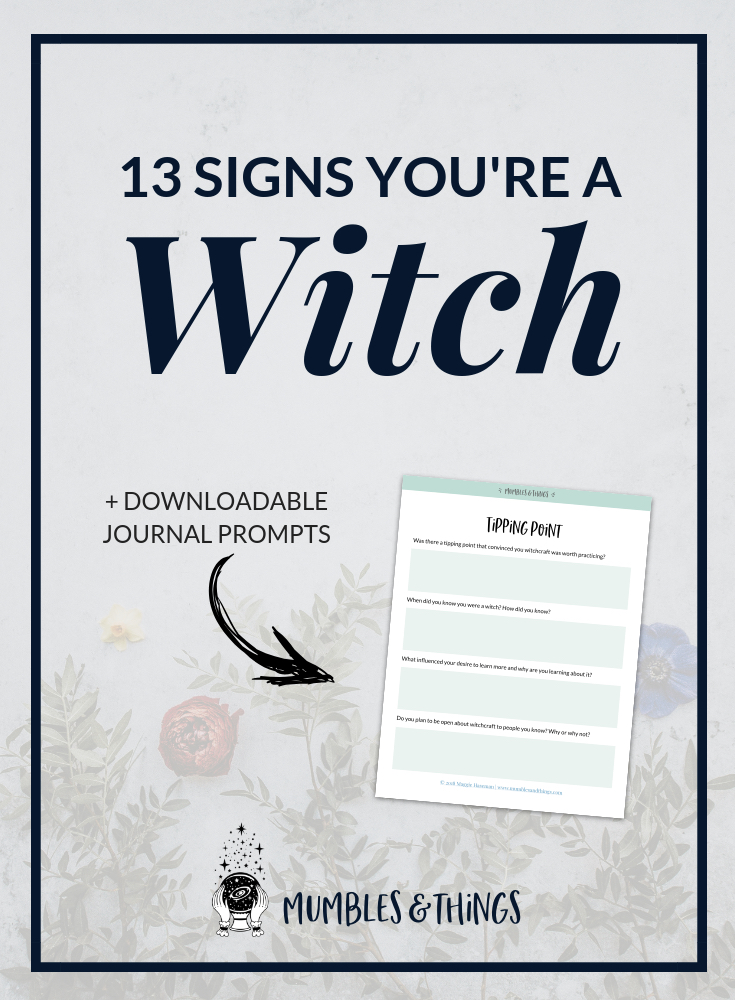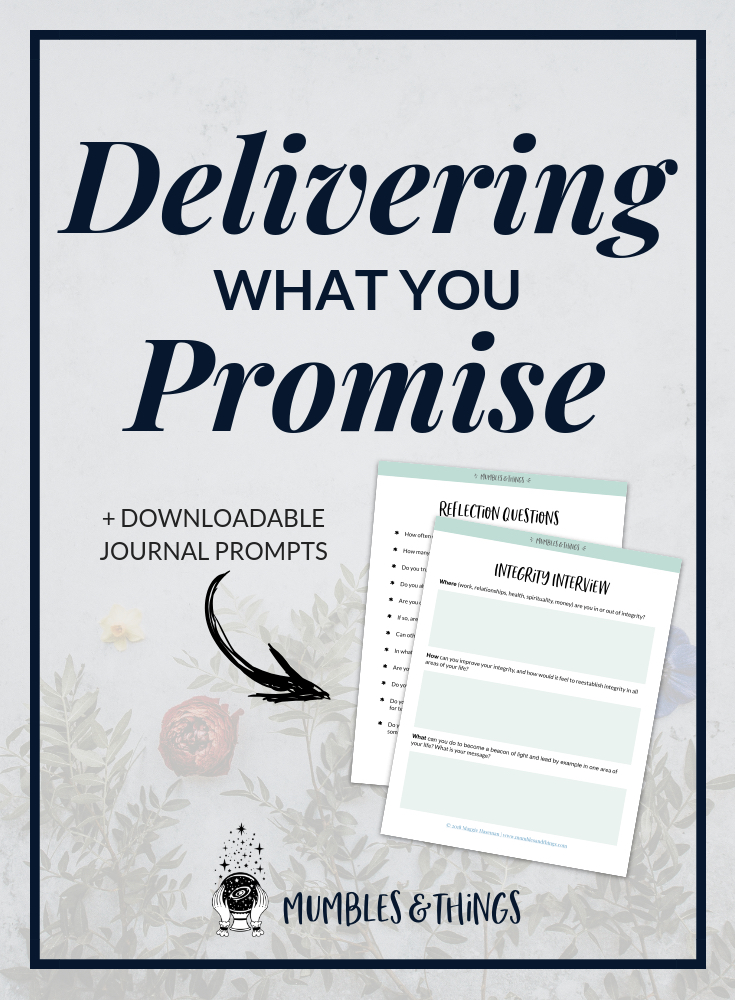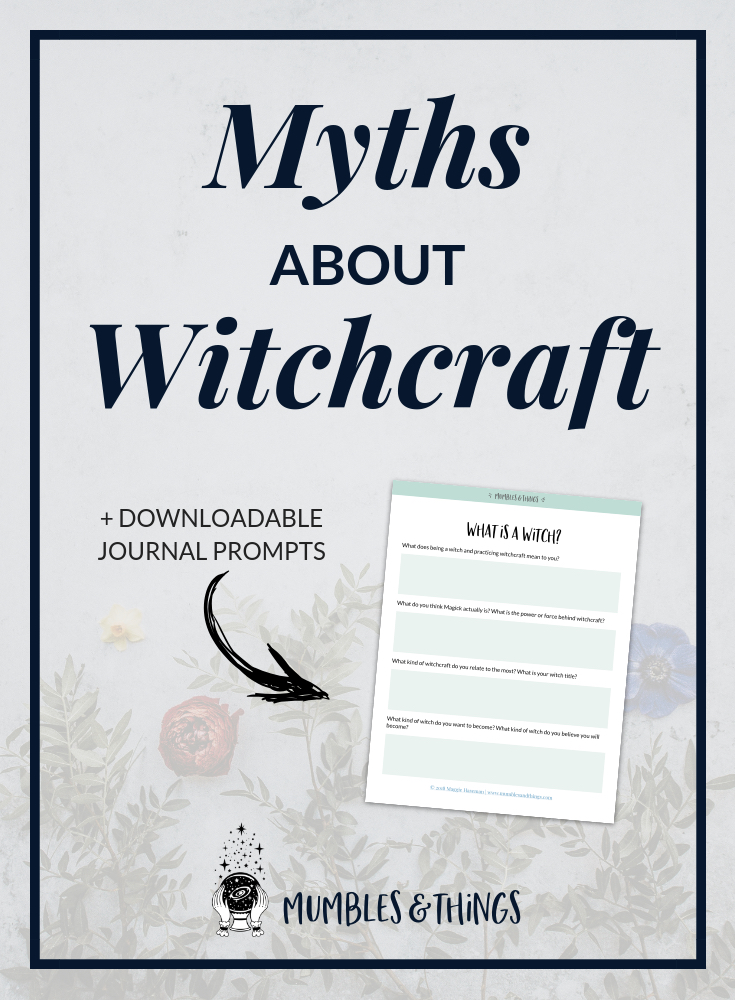The Three Rs - Respect (Part 1)
You’re in the right place if you…
want to learn how to respectfully use herbs, trees, and flowers in your witchcraft practice.
want to learn how to respectfully use rocks, crystals and minerals in your witchcraft practice.
want to learn how to respectfully use animals in your witchcraft practice.
The three R’s—Respect, Responsibility and Resourcefulness—are often taught in elementary schools. I wanted to apply them to witchcraft.
What we learn as children is often more about how to be good people and how to participate in a civilization.
Being respectful of others and the world we live in, taking responsibility for our actions, and being resourceful with the things we know and the materials we have available to us.
The first of these that we will talk about in this series is Respect.
I’ve written about respect in the past, most notably in the discussion of cultural appropriation (Part 1 and Part 2).
But let’s really focus in on what respect means and how it is applicable to witchcraft with the following two statements:
I believe that witches ought to show respect toward the natural world that we depend on for survival.
I believe that witches ought to show respect to other people and their culture, experiences and beliefs.
In this post let’s start with talking about the first statement: respecting the natural world. Part 2 will focus on the second…
Respect for the Natural World
Most witches align themselves with the natural world in one way or another. Maybe you are in tune with the seasonal changes or the moon phases. Maybe you work with herbs or crystals or animals when crafting spells and charms.
And if you don’t follow this path or feel the connection to the natural world, we can at least agree that you could not exist or survive without the Earth and the natural processes.
I believe that a healthy witchcraft practice does not claim superiority over other beings.
We coexist with the two-legged, four-legged, flying, burrowing, swimming or other creatures of this planet. We coexist with the plants and minerals as well.
It is our responsibility to respect, conserve, and honor nature, as we are all part of the sacred tapestry.
It is important to be wary of resources that treat the natural world in wasteful and brutal ways. Some traditional texts were written in a time before conservation was necessary, because the world seemed so big and limitless to our ancestors.
As the population has grown and the world has gotten smaller, it is much more important to treat our tools and materials as limited.
Herbs, Flowers and Trees
Growing your own is probably the most sustainable practice. Even without outdoor space you can grow plants in pots on the window sill.
Wildcrafting is the practice of gather plants from wild areas. You’ll need to be aware of collection rules wherever you go. Stay on trail, only collect where it’s permitted, and take only 1 out of 10: one out of ten leaves, one out of ten flowers, one out of ten plants. If possible replant seeds of the same type of plant.
Look for shops that sell herbs. Naturopaths, health food stores, metaphysical stores, online sources, even the grocery store When shopping for plants, you’ll want to be sure they were sustainably harvested. You are still responsible for the source even if you haven’t done the collecting.
Become aware of the substitutes for plants. That way you won’t feel tempted to exploit a plant.
Crystals, Rocks, and Minerals
Rocks are slow growers. Their creation is over a much longer span of time than for plants.
Humans are prone to overuse and exploit resources, especially when there is a financial gain. Therefore, some minerals are considered endangered.
When shopping for crystals make sure they extraction was responsible and the ecosystem has been restored after the mining process. Most rock shops and dealers know this information.
As much as collecting and using crystals is fun, if possible, return them to their origin once you have finished your work with them.
And try not to overindulge, by taking only what you need.
Animals and Veganism
For the most part, I would recommend avoiding the use of animals in your practice. But this is from my perspective as a vegan.
Here are some things to consider…
Wild animals are under pressure due to the overpopulation of humans and the destruction of their natural habitat. If you are a hunter, who takes wild animals from nature in a responsible way, I see nothing wrong with using the bones, and other body parts that you don’t plan on using for food, as magical materials.
If you come across roadkill or an otherwise dead wild animal, I don’t think it is wasteful to collect it’s parts for your own personal use. Be sure to clean and disinfect thoroughly.
Domesticated animals—like pigs, cows and chickens—are part of the human environment: the survival of their species is not at risk and depends on humans. If you raise these animals both for their products (meat, eggs, milk) you might as well not waste their other parts to be used in your magical workings. I don't personally believe in raising an animal for the specific purpose of killing it but if this is part of your lifestyle you may wish to make use of all the parts that you don't eat.
I don’t think it’s responsible or respectful to actively kill animals solely for magical purposes. Personally, I do not have any desire to kill an animal for magical workings or for any other purpose.
The way I see it, the energy of the violent and unnecessary death of an animal could never be overcome by whatever amount of power the animal spirit would add to my working.
If I have the need to include an animals energy in a magical working, I have a small collection of plastic animal figures specifically for this purpose.
If I come across an animal that is already dead, there is a chance I will collect it and use it, but usually I will perform a funeral of some sort and leave the animal where I found it.
Final Thoughts
Respect for nature is pretty straightforward, though it might not look the same to everyone.
Now, if we review my first statements of this session I said,
“I believe that witches ought to show respect toward the natural world that we depend on for survival.”
The second statement was,
“I believe that witches ought to show respect to other people and their culture, experiences and beliefs.”
This seems straightforward but as I began thinking about it, it became more complicated. But we’ll get into that in Part 2…
Need Help with Intention Setting?
Download this FREE guide. It is designed to walk you through a step-by-step process to setting powerful intentions.
Click the button below.
Continue your journey and share your experiences on the Mumbles and Things Facebook page.
There is a group on Facebook and it was made for you. It is a safe and supportive place for New Age* practitioners to gather and grow their personal power while encouraging one another.
If you are a newbie hoping to learn how to become a witch or are experienced and would like to learn from like-minded folks, this group is for you.
*Metaphysical, Pagan, New Age, Lightworkers, Energy Workers, Shamans, Wiccan, Neo-Pagan, Witches, Angel Workers, Healers, Psychics, Spiritualists, and so many others fall under the umbrella of "New Age."
Join the Community Group.







